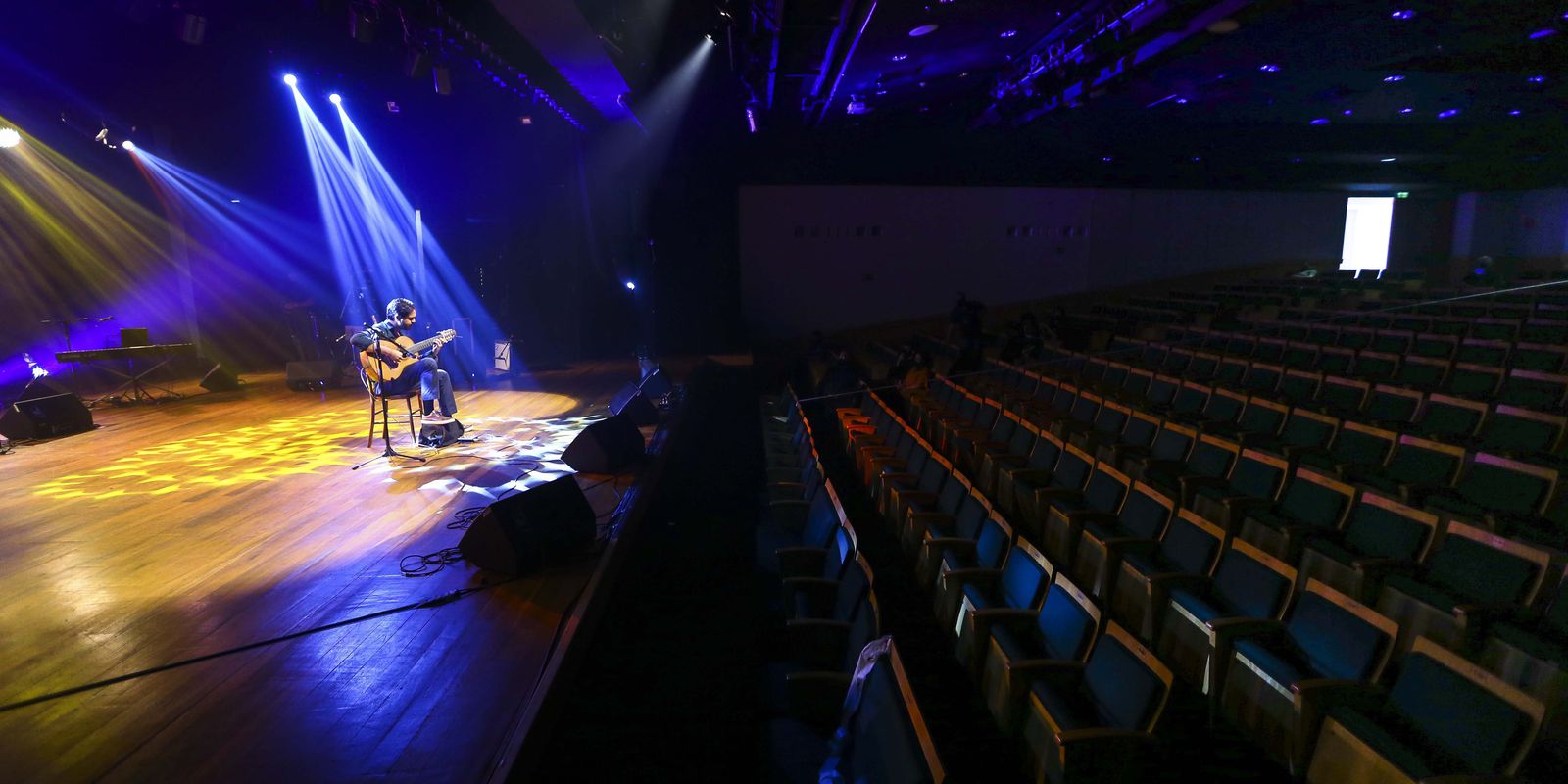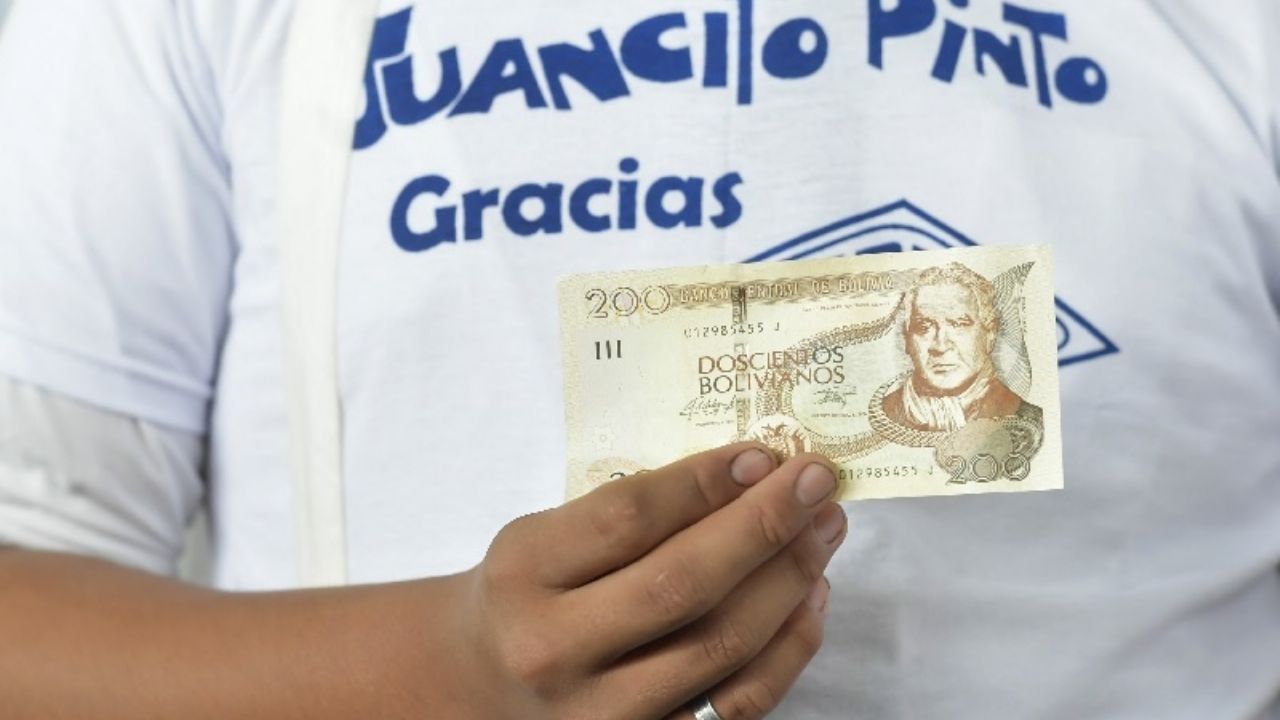Brazilians’ musical taste has changed in the last ten years, an important period for the music industry, which has also gone through many transformations such as investments in technology and the form of consumption.
In that decade there was the rise of the sertanejo, a musical genre, which in 2011 began to occupy space and would expand with the university and forronejo styles, a combination of forró and sertanejo. That year, among the seven national preferences, the new sertanejo already occupied a prominent place in the ranking. Data are in the third edition of the report what Brazil hears, produced by the Central Collection and Distribution Office (Ecad) and released today (8).
rankings performed with the most played songs in the Radio and Show segments in 2011 and 2020 show that, of the 20 most played songs on radio in 2011, 13 were international. In 2020, in the ranking of this segment, most of the 14 Brazilian songs were of the sertanejo genre.
According to the study, the most played songs in shows in 2011, they were the releases and songs of the moment, mainly with very Brazilian rhythms such as axé, pagode, samba and arrocha. In 2019, the most played songs in shows and events reinforced the preference for Brazilian music.
Of the top 20 positions, all are national. O ranking from the end of the decade showed that the popular classics also had their place of prominence, in addition to the hits of the moment. The report referred to the year 2019, because the following year the segment suffered a strong impact from the pandemic.
Ecad highlighted that the study also shows that important and historic achievements have taken place for the artistic class in the last ten years. The collective management of music in Brazil, which is made up of seven associations, in addition to Ecad, “actively participates in all the directions that this industry has taken over the years.” For the office, “there were many advances in the country”.
Distribution of values
In 2020, the collective management distributed R$ 947.9 million to 263,000 composers, artists and other members, in addition to associations. In the last decade, the amounts distributed in copyright registered a growth of more than 130%.
According to data from Ecad, in the period, more than R$ 8.2 billion were distributed to 470 thousand composers, artists and other music owners. “The increase in the total number of holders contemplated in 2020 was expressive, representing a growth of 183.9% in the last decade”, he added.
The report also contains information on the consolidation of new forms of musical use, with the advancement of digital technology, and an overview of the performance of music associations and Ecad.
Pandemic
The survey also pointed out that after years of growth and expressive results, the music industry faced a difficult moment at the end of the decade. “Faced with a challenging scenario and an unprecedented global crisis, in 2020 it was necessary to restructure with contingency plans, many studies and empathy with the artistic class so that the numbers remained relevant. The pandemic hit music professionals hard, one of the most damaged categories and one of the last to fully resume their activities”, he indicated.
In Ecad’s view, the performance of collective management was essential to reduce the damage that affected thousands of authors, performers and musicians, who saw their income reduce after the cancellation of concerts and events and the closing of commercial establishments. According to the organization, one of the first actions was an emergency financial support plan, which offered an extra advance of R$ 14 million, distributed between April and June 2020.
The benefit reached almost 22 thousand composers, interpreters and musicians. In addition, there was a contribution of R$ 170 million in the 2020 distribution. “The contribution was made possible thanks to a joint effort by the music associations to release retained credits, positively impacting the total transfer of 2020, which came to only 4 % lower than the previous year”, he stated.
For the executive superintendent of Ecad, Isabel Amorim, the report identified the trajectory of music in Brazil and the paths taken by the collective management of music to strengthen this market in the last decade, which proved the importance of the work being carried out.
“All these data indicate that we must continue firmly in the direction of the struggle for the valorization of copyrights by the artistic class. We have already had many achievements over the years, mainly due to the support of composers and artists, and we will continue to do so in the coming decades”, he said.
According to Ecad, the first edition of the report what Brazil hears, was released in March of this year, with information on the participation of women in music throughout Brazil. O report was released in September with data on the impact of the pandemic on the concert and event market.









